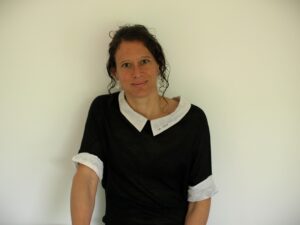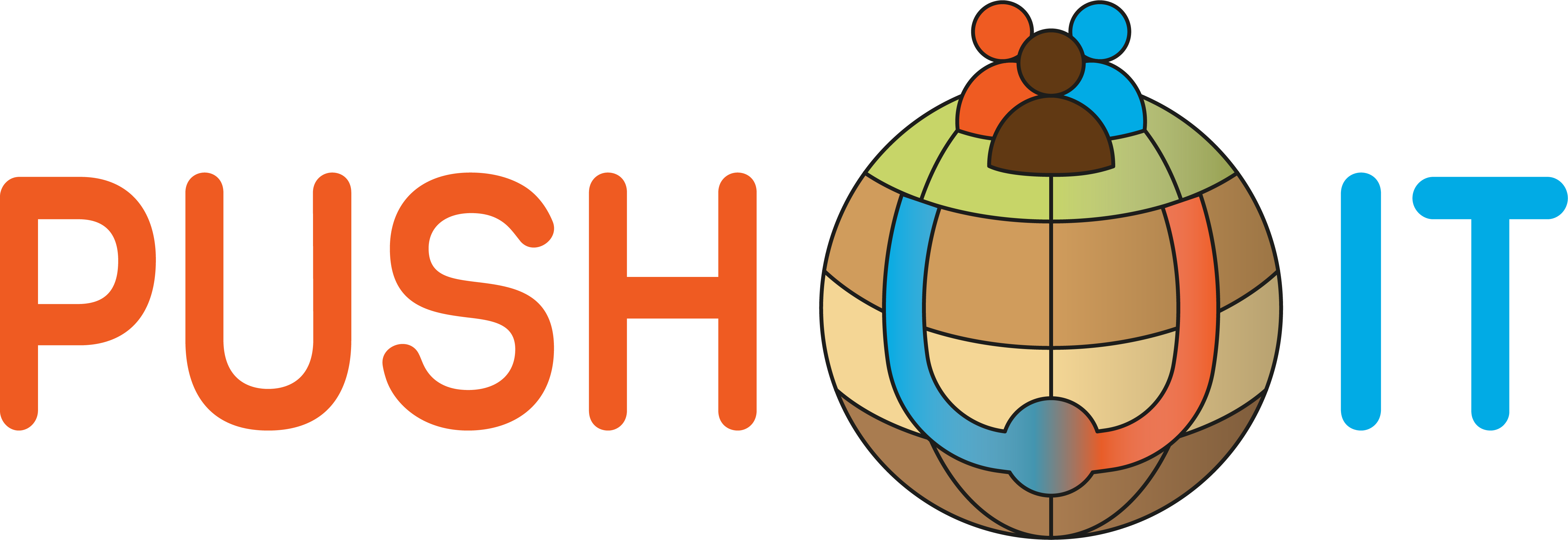Meet the scientist:
Annick Loschetter
(BRGM)

Could you introduce yourself briefly and tell us about your background and area of expertise?
My name is Annick Loschetter and I’ve been working at BRGM (the French geological survey) since 2010. I have an educational background from the French “grandes écoles” (Ecole Centrale de Paris, ECP), with a broad and comprehensive engineering training, and then joined BRGM with minimal prior knowledge in geosciences.
Describing my area of expertise is a challenging task… I would say that my greatest asset is precisely not having a specific expertise. I have worked on different technical subjects with experienced colleagues, across various application domains. I confidently describe myself as a Swiss Army knife in the field of subsurface applications for the energy transition (carbon capture and storage, geothermal energy, UTES, underground hydrogen storage, native hydrogen). This versatility helps facilitate scientific coordination and cross-disciplinary collaboration. I often manage projects, but project management is merely a pretext, I’m driven by the opportunity to understand and contribute scientifically and well run projects are essential for this and enhance collaboration.
Could you explain the focus and primary objectives of your current research?
Currently, I’m primarily working on two main topics: underground thermal energy storage and underground aspects of the hydrogen chain. While these topics may seem distinct, the approaches are quite similar. There’s a portion of exploratory research involved in stepping back and identifying the right scientific questions, linking them to operational challenges. For both topics, the expertise of colleagues I collaborate with is the same: encompassing geology, along with understanding thermo-hydro-mechanical behaviors, geochemistry, microbiology, risk and impact management, data assimilation, societal sciences.
Within PUSH-IT, the focus of the research task I manage is water quality. Water quality issues include biogeochemical perturbations in the storage reservoir, corrosion and scaling in the wells and facilities, shallower aquifer perturbation by temperature increase and saline brines.
Why is your research important? Do you have personal drivers for tackling this topic?
Water quality issues represent challenges for viable long-term thermal energy storage. The challenges are different depending on the technology and the site specificities. The lessons learnt over decades of geothermal exploitation provide a solid basis for anticipating, monitoring, managing and remediating these. However, there are some specificities of UTES compared to geothermal that need to be thoroughly addressed. All components, including water quality, must be fully operational for UTES to be smoothly deployed, minimizing any risk of setbacks that could considerably impede the pace of adoption.
My personal driver on such a transverse topic is to make teamwork and interdisciplinary collaboration as effective as possible!
What are the main challenges and questions regarding your research?
Addressing the unique needs of each site while considering alternative technology configurations and geological situation is crucial. Developing frameworks for future sites and ensuring the replicability of these technologies beyond the PUSH-IT project are key challenges. In the coming months, we will implement cross-site activities and conduct dedicated brainstorming sessions.
Can you provide an update on the project’s status and its upcoming milestones? Do you have results already?
We have mapped out the primary concerns for each site. Progress in modelling and monitoring varies across sites. There’s significant methodological focus on investigating microbiological phenomena and the development of monitoring protocols and laboratory experiments. Initial interpretations of monitoring and modelling, particularly for Darmstadt, are emerging, with ongoing work in Berlin and Delft. However, it’s premature to share results; expect updates soon!
Looking forward, what do you envision in terms of innovation and societal impact, both locally and (inter)nationally, as a result of this project?
I envision a society maximizing the use of renewable and sustainable energy resources and minimizing heat losses, including tailored underground solutions, to address environmental and energy challenges. This involves locally improving energy management, optimizing underground resource usage, and transparently coordinating activities, managing technology limitations rigorously to foster societal engagement and confidence. I like the idea of scientific collaboration on these societal issues, progressing with rigor and openness.

PUSH-IT is a project funded by the European Union’s Horizon Europe research and innovation programme under grant agreement No 101096566.
Funded by the European Union. Views and opinions expressed are however those of the author(s) only and do not necessarily reflect those of the European Union. Neither the European Union nor the granting authority can be held responsible for them.
